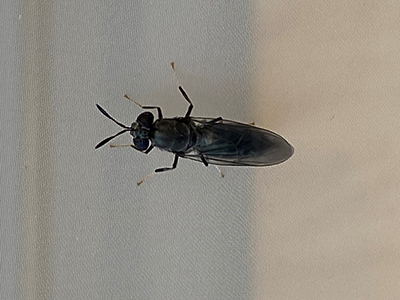The project “Paving the way for Black soldier fly in the feed and food industry” is funded by the Danish Independent research fund by a grant from the thematic funds dedicated to green transition.
The project aims to explore and investigate the potential for improving the upcoming industry of insect production for food and feed. The project collects expertise from biology, microbiology and management via its three main PIs (see below).
Further, the project interacts and collaborates with additional national and international colleagues and the insect industry, to ensure the best possible knowledge yield. The project is funded for 4 years starting April 2022.

Insect farming has been highlighted as a climate-friendly and sustainable alternative to traditional agriculture. By addressing both production efficiency, environmental impact, and consumer attitude and skepticism, we will provide critical information needed to ensure to continue growth of economic and environmental value to the circular economy, i.e. contribute to green transition. This project focuses on Black Soldier Flies (BSF), an insect that has proved useful for generating high value protein and fatty acids for food and feed from different low quality by-products. As insects are new as domestic animals, research is needed to address knowledge gaps in both biology, production, and barriers of consumer dis-familiarity and skepticism.